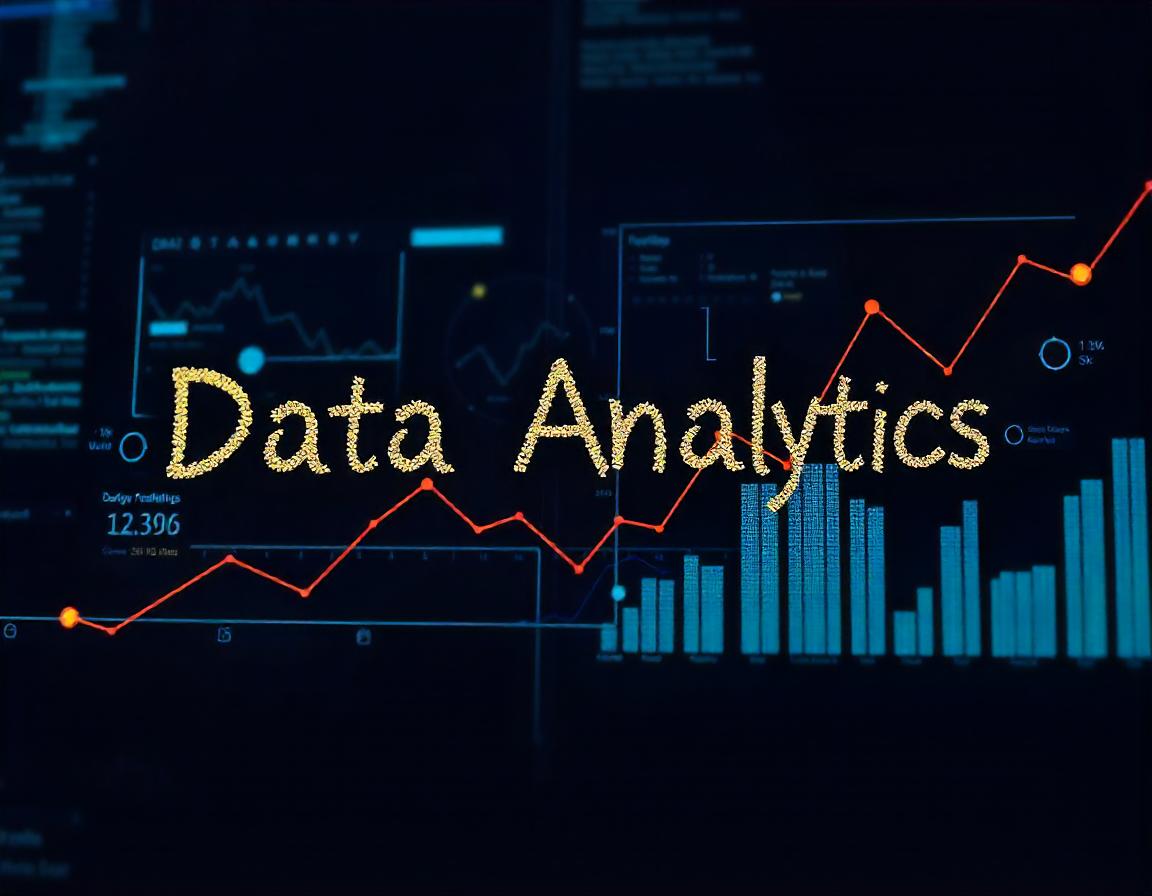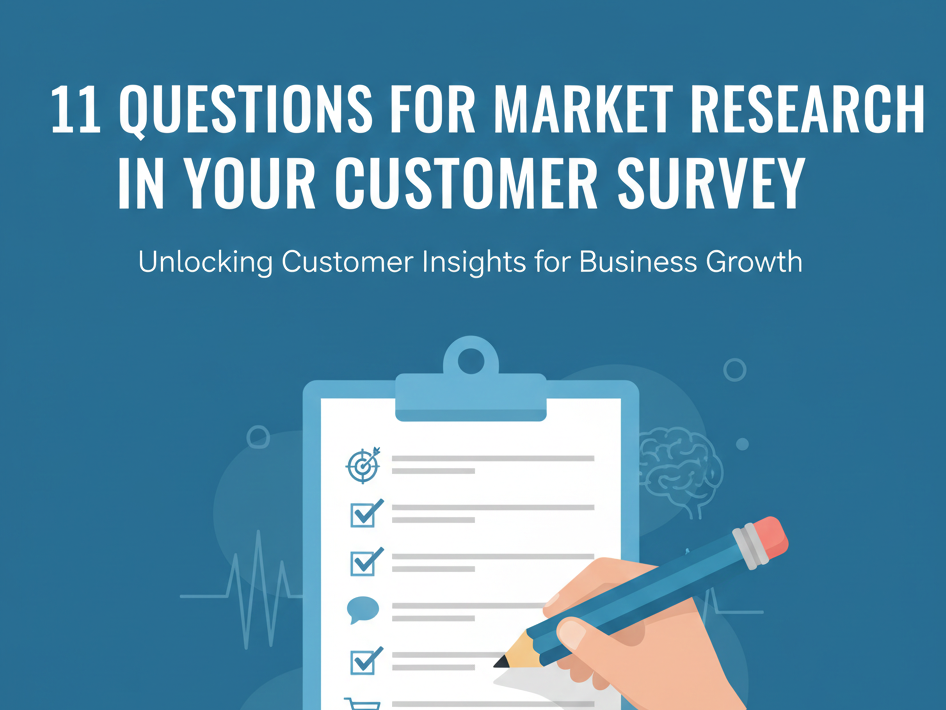A brand must have a thorough understanding of its clients and their expectations in today’s tech-savvy business environment. The foundation of any digital marketing effort must be data analytics. It allows you to provide individualized items that satisfy clients’ desires.
According to 66% of marketers, data-driven choices outperform conjecture and intuition. However, making wise marketing decisions depends on the quality of the data.
Inaccurate or unanalyzed data can result in bad decisions and keep you from achieving your company’s objectives.
Data analytics is becoming increasingly important in digital marketing as the globe shifts toward Big Data and Artificial Intelligence. The return on investment (ROI) that analytics provide to digital marketers justifies the significant expenditure on data analytics. Brands can find strategies to increase customer engagement by using analytics to better understand their target audience. Consequently, you may use analytics to combine technology with marketing and strategy.
In this article, we’ll examine data analytics and the reasons it’s currently dominating digital marketing.
Data Analytics: What Is It?
The methodical calculation and conversion of unprocessed data into useful information is known as data analytics. Data analytics was formerly only used by statisticians and mathematicians, but the IT Revolution has made it a crucial component of commercial decision-making.
Automation has made it possible for data analysts to examine and verify vast amounts of data gathered from diverse sources, something that was previously unthinkable. Data analytics tools are an essential component of modern digital marketing efforts since they aggregate data from various sources and provide a wealth of information.
Unlocking the Potential of Data for Business Success through Data Analytics in Digital Marketing
Since data is the key to success in the modern world, businesses thrive on it. In order to obtain knowledge and make wise judgments, data analytics entails gathering, evaluating, and interpreting vast amounts of data. Data analytics is important in marketing since businesses use data-driven tactics to understand consumer behavior, improve marketing efforts, and get better results.

It is impossible to exaggerate the importance of data analytics in marketing. It gives companies the ability to learn about the preferences, needs, and online behaviors of their target audiences. Businesses may determine the marketing channels, improve client engagement, and tailor their campaigns to provide individualized experiences by looking at patterns in data. Businesses can also assess the success of their marketing campaigns thanks to data analytics. In order to maximize return on investment, it facilitates data-backed decision making while highlighting areas that require improvement.
Businesses can benefit greatly from data analytics. Businesses can forecast future market trends and obtain a competitive advantage over rivals by utilizing data. Additionally, data analytics helps identify client pain points, enabling companies to offer customized solutions that raise customer happiness.
By putting resources into the channels and getting rid of any inefficiencies, firms can also improve their marketing costs. In the end, data analytics is a growth tool that helps companies make choices and succeed spectacularly in the dynamic field of digital marketing.
Any marketing strategy must have a thorough understanding of consumer behavior. Businesses can learn more about the tastes, interests, and buying patterns of their clients by looking at data.
Analyzing consumer behavior is important because it enables marketers to tailor their approaches to the requirements and inclinations of their target market. Businesses may maximize their marketing efforts by knowing what motivates consumers to act. Boost conversions. Additionally, by examining consumer behavior, companies might find barriers or difficulties that might prevent consumers from making a purchase or interacting with their brand. Businesses can increase customer happiness and loyalty by addressing these issues.
A variety of methods are used to analyze consumer behavior. Web analytics includes tracking, gathering, and evaluating information about user activity and website traffic. Businesses can adjust website design and content by using the insights it provides about how users engage with a website.
Monitoring and analyzing data from social media sites to learn more about user mood, engagement, and preferences is known as social media analytics. It assists companies in recognizing patterns and developing focused advertising efforts.
On the other side, predictive analytics makes forecasts about future consumer behavior using data and statistical algorithms. This helps organizations to optimize their marketing initiatives, predict client demands, and tailor marketing communications.
Customer analysis contributes to marketing by providing a number of advantages.
1. Better targeting: Companies can target certain consumer categories with their marketing messaging by examining customer characteristics. Converting clients into buyers is more likely with this individualized approach.
2. Improved customer experience: Businesses may provide their customers a more individualized experience by knowing their preferences. This promotes loyalty rather than satisfaction.
3. Well-informed decision-making: Data-driven insights are offered via customer analysis. Businesses can use these information to inform decisions about product development, marketing tactics, and general customer interaction.
4. Higher ROI: Businesses can successfully maximize their marketing efforts by utilizing the results of consumer analysis. A return on investment (ROI) is the result of this optimization. maximized income production.
Any marketing strategy should include campaign performance tracking since it enables marketers to precisely assess the success of their initiatives. Metric tracking makes it feasible to pinpoint areas that require improvement, allowing marketers to focus their efforts more effectively and achieve better outcomes.
Marketers can gain insights into the effectiveness of their efforts by employing data analysis. Make data-driven choices to enhance their marketing initiatives.
The Value of Monitoring Campaign Outcomes
Campaign performance tracking enables marketers to efficiently measure and assess the effectiveness of their campaigns. It allows them to evaluate the effectiveness of their campaigns and determine whether they are accomplishing their objectives. Marketers can decide how best to allocate resources by using performance tracking to see which methods are working and which ones require improvement.
Important Performance Metrics
When it comes to tracking and improving campaign performance, several KPIs are essential:
1. Conversion Rate: This metric calculates the proportion of website visitors who complete a desired activity, such buying something or completing a form. Monitoring conversion rates enables marketers to assess how well their campaigns are eliciting the intended actions.
2. Click-Through Rate (CTR): This metric calculates the proportion of people who click on an advertisement or link. Marketers can assess audience interest and engagement levels by tracking CTR.
3. Cost per Acquisition (CPA): This figure shows the price of acquiring a new client. Marketers can assess the effectiveness of budget allocation in their campaigns by measuring CPAs.
4. Return on Investment (ROI): By contrasting the amount of money made and the amount spent, ROI calculates how profitable a marketing effort is. It helps marketers decide which investments to make and evaluate the effectiveness of their efforts.
Data Analytics’s Contribution to Better Campaign Performance Monitoring
Campaign performance tracking can be improved with the help of data analytics. It gives marketers the ability to collect, examine, and evaluate data to gain understanding of their campaigns. Marketers can use data analytics to
– Determine trends and patterns in the data on campaign performance.
– To improve campaign outcomes, target audience groups.
– Utilize data-driven insights to optimize marketing channels.
– Make data-driven decisions to boost marketing effectiveness.
Data analytics and marketing automation
Comprehending Marketing Automation
The use of technology and software to automate marketing tasks is known as marketing automation. By automating tasks like lead nurturing, social media posting, and email campaigns, among others, it helps companies to optimize their marketing initiatives.
Advantages of Integrating Data Analytics with Marketing Automation
Businesses can obtain insights that aid in the optimization of their marketing campaigns by combining data analytics and marketing automation.
Marketers can utilize data to make decisions and customize their campaigns by looking at information from sources such as campaign performance, customer behavior, and website analytics.
Combining data analytics with marketing automation has benefits.
Better targeting: Companies may produce accurate and customized marketing efforts that increase conversion rates by evaluating client data.
Improved lead nurturing: By using data analytics to discover leads, companies may automate timely and pertinent follow-ups to efficiently nurture those prospects.
Optimized customer journey: Businesses can automate interactions that lead customers through the sales funnel by studying customer behavior across touchpoints.
Enhanced productivity: Marketers can save time. By automating chores, you may increase productivity and free up time for more strategic endeavors.
Use cases for data analytics and marketing automation
In certain situations, integrating data analytics with marketing automation can significantly improve the efficacy of digital marketing strategies:
Lead scoring and segmentation: Businesses can score leads according to their behavior and attributes by examining consumer data. Segmentation and customized messages are made possible by this.
Email marketing: Marketers can automate email campaigns that guarantee the right message reaches the right audience at the most advantageous moment by analyzing click-through and conversion rates.
Social media marketing: Businesses can automate social media postings and target ads based on user demographics, interests, and behavior by analyzing social media data.
Personalization across channels: Businesses can automate tailored experiences across channels, such as websites, emails, and mobile applications, by combining data from sources like CRM systems and website analytics.
ROI Measurement’s Significance in Data Analytics
Measuring return on investment (ROI) is one part of using data analytics in marketing. Companies are concerned with figuring out how profitable and successful their marketing campaigns are. They can evaluate the effectiveness of their campaigns with the help of ROI measurement.

ROI Measurement’s Importance in Digital Marketing
The value created by every marketing campaign is determined in part by ROI measurement. Companies use questions like these to help them make decisions:
- Are we making money from our marketing efforts?
- Which channels or initiatives are yielding the highest return on investment (ROI)?
- How can we make the required changes to maximize our marketing budget?
Certain methods must be used in order to measure ROI accurately. Among the methods employed are:
1. Tracking codes: Businesses can identify the origins of website visits and link marketing efforts to conversions by using tracking codes.
2. Conversion goals: By establishing conversion goals, companies may evaluate the effectiveness of their marketing campaigns by looking at user activities like as product purchases or form submissions.
3. UTM parameters: These URL-based tags enable ROI evaluation by identifying the source, medium, and campaign linked to each website visit.
Businesses can collect data by using these methods. Examine the financial return that their marketing initiatives have produced.
In marketing initiatives, data analytics plays a critical role in enabling ROI measurement.Businesses can profit from the following advantages by utilizing data analytics tools:
1. Data tracking and collection: Data analytics technologies enable companies to collect and examine data from various sources, such as email marketing, social media platforms, and website analytics.
2. Gaining insights: Businesses may learn more about their marketing effectiveness, pinpoint areas for development, and make data-driven decisions to optimize their return on investment (ROI) by looking at the data that has been gathered.
3. Measuring the impact of marketing campaigns: By examining measures like conversions, click-through rates, and client acquisition expenses, data analytics tools help companies evaluate the success of their marketing initiatives. In the end, this analysis makes calculating ROI easier.
Businesses can gain insight into their marketing ROI by harnessing the power of data analytics. constantly improve their tactics in order to get better results.
How Your Digital Marketing Strategy Can Be Strengthened by Data Analytics
By using data analytics, you may identify dangers, opportunities, and trends that you might otherwise overlook. Your marketing team can use it to run campaigns with actionable insights.
Without data, a marketing effort is like shooting in the dark. Your brand can leverage data analytics in some capacity to support your marketing strategy, regardless of the scope and magnitude of your digital initiatives. You can use analytics in the following ways:
1. Make Decisions Based on Data
Your understanding of the market is essential to the success of any digital marketing effort. Making data-driven decisions is made simple when your marketing team examines consumer data to identify trends and possibilities. Digital marketers cannot gain valuable insights from raw data alone. Actually, raw statistics can frequently be deceptive and result in poor conclusions. As a result, you need to do a thorough analysis, which includes looking at the KPIs that aid brands in making wise decisions.
2. Make Use of Consumer Data
Market-savvy brands maintain their competitive edge. This would score higher than the rest if we were to choose the most significant data analytics incentive for digital marketing. Analytics gives you insight into your customers’ thoughts and feelings.
You must understand your consumers’ demographics and motivations. It is likely that you have a clear understanding of their goals. Within your clientele, you can pinpoint target groups and create various identities for your advertising campaign.
3. Customize Your Ads
Personalization in marketing is getting more and more important in the modern world to change the customer experience. Your clients want to be served individually and have a variety of wants.
You may learn more about your consumers’ demands, purchasing patterns, and behavior with the aid of data analytics. As a result, you may use targeted advertisements, customized emails, offers, and notifications to make your marketing campaigns unique. Create the ideal DXPs (digital experience platforms) as a consequence.
4. Use the Proper Channels for Marketing
Brands employ a variety of channels to interact with their target audience in the broad subject of digital marketing. In this case, selecting the appropriate marketing channels is crucial to the campaign’s success.
Even if your brand may conduct campaigns across a variety of channels, it’s crucial to choose the ones that will most likely result in higher engagement and conversion rates. For example, LinkedIn and Twitter might generate more engagement than Instagram if you are a business-to-business company. But compared to the other two platforms, Instagram is better suited for brands that cater to Gen Z and young people.
5. Make Certain Content Marketing Is Targeted
In digital marketing, “content is king” and the most crucial component of all communications and messaging. Blog posts and landing page development won’t pay off until they are supported by a sound and well-thought-out marketing plan.
Businesses can choose the best content marketing strategy with the use of data analytics. Analytics give marketers insight into the keywords, search terms, and content types of their target audience. All of this data aids brands in selecting the most effective content marketing plan. You may outbid your rivals for sponsored search marketing by employing data analytics to determine the terms they use to rank highly in search engine results pages.
6. Make Use of Predictive Research
Any business that wants to succeed must use predictive analytics. This method is being used by digital marketers to forecast campaign risks and possibilities. Marketers can predict future market sentiment and customer behavior using this data analytics technique.
You may forecast traffic and sales, identify new trends in the market, and obtain other valuable information that help you target the right audience at the right time by using predictive analytics. You can maintain your company’s competitive edge as a result.
7. Make Conversational Marketing More Effective
The use of conversational marketing is becoming more popular. Over 70% of consumers anticipate real-time responses from brands. AI-powered chatbots, live chats, and social media platforms are being used by businesses as their main means for maintaining audience engagement. Based on information learned from previous exchanges, data analytics teaches chatbots to react to inquiries in a suitable manner.
8. Acquire competitive knowledge
Every brand must continue to invest in its rivals’ marketing strategies in the cutthroat world of today. Your company can maintain its competitive edge with the use of competitive intelligence. The purpose of this is to collect and examine information on your rivals, the industry as a whole, and the business climate in general.
Here, data analytics is crucial because it gives your marketers more in-depth knowledge about the market and your rivals. You can examine competition data, including price changes, reviews, consumer comments, marketing strategies, and much more, by using competitor intelligence tools. The better you know about your competitors, the easier it gets to outperform them.
Thank you for taking the time to read this blog! If you found it helpful and want to stay connected, feel free to reach out via the contact form or connect with me on LinkedIn.
Have any suggestions or objections? I’d love to hear from you! Drop an email at ask@navnishbhardwaj.com — your feedback helps me improve and grow!



